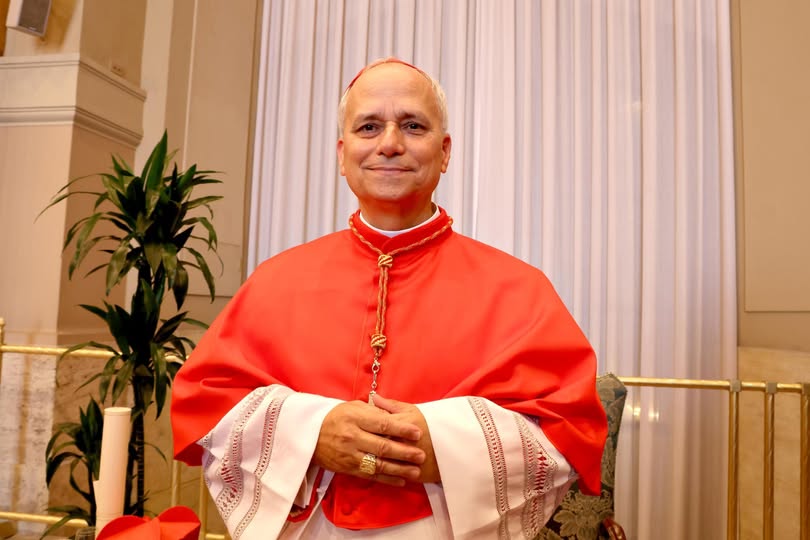
In an unprecedented moment for the Catholic Church, Cardinal Robert Francis Prevost, a native of Chicago, Illinois, was elected as the 267th pope on May 8, 2025, assuming the name Pope Leo XIV. His election marks a historic first: he is the first American-born pope and the first Augustinian to ascend to the papacy, representing a significant shift in the Church’s global outreach.
A Historic Election
The announcement came from the central balcony of St. Peter’s Basilica in Vatican City, following two days of voting by the College of Cardinals. The conclave began on May 7, 2025, after the passing of Pope Francis on April 21, 2025, at the age of 88.
The conclave concluded on May 8, when white smoke rose from the chimney of the Sistine Chapel, signaling a successful election. The announcement of Habemus Papam—”We have a Pope”—was made by Cardinal Dominique Mamberti, the Protodeacon of the College of Cardinals.
Shortly thereafter, Pope Leo XIV appeared before a crowd of tens of thousands in St. Peter’s Square and delivered his first apostolic blessing as the new leader of the world’s 1.3 billion Catholics.
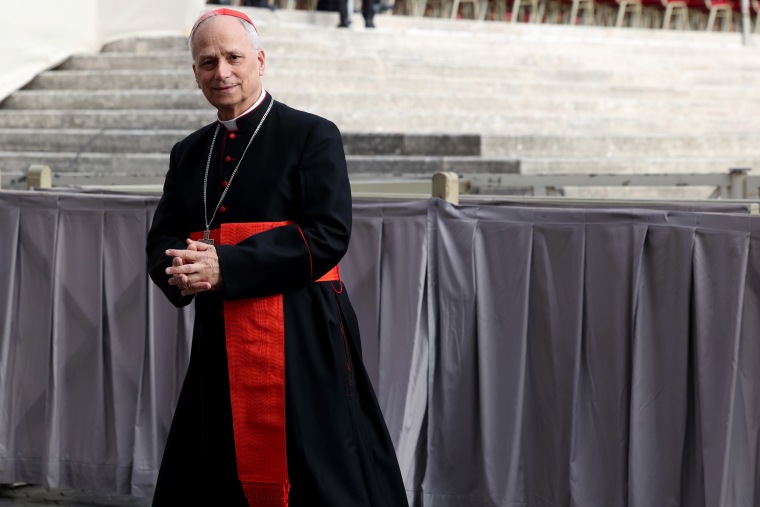
About Pope Leo XIV
Born on September 14, 1955, in Chicago, Robert Prevost entered the Order of Saint Augustine (O.S.A.) and was ordained a priest in 1982. He holds advanced degrees in theology and canon law from the Catholic Theological Union in Chicago and the Pontifical Catholic University of Peru.
Fluent in English, Spanish, Italian, and French, Prevost spent significant time in Peru as a missionary and later served as bishop of Chiclayo, before being called to Rome. In 2023, he was appointed Prefect of the Dicastery for Bishops, a senior position in the Roman Curia responsible for episcopal appointments worldwide.
His diverse background—combining pastoral, academic, and administrative experience—has been widely cited by analysts as a key reason for his election.
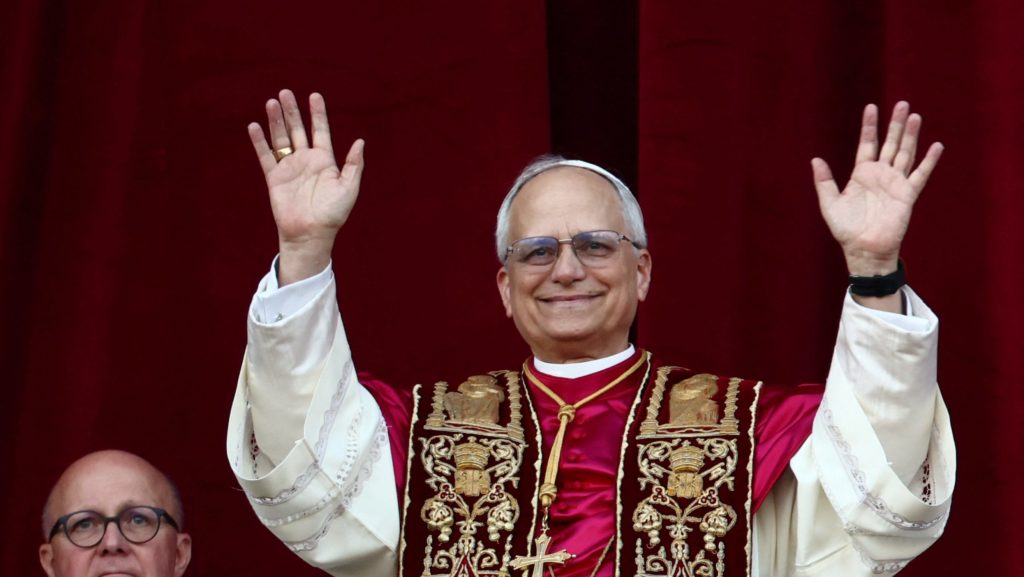
The Significance of His Election
The selection of an American pope signals a moment of global inclusivity within the Catholic Church. The U.S. is home to the fourth-largest Catholic population in the world, yet no American had previously been elected pope.
Commentators from BBC News and The New York Times note that Pope Leo XIV’s cross-cultural experience and commitment to missionary work position him as a bridge between continents and traditions. His familiarity with both Latin American and North American Catholic communities also highlights the Church’s evolving global focus.
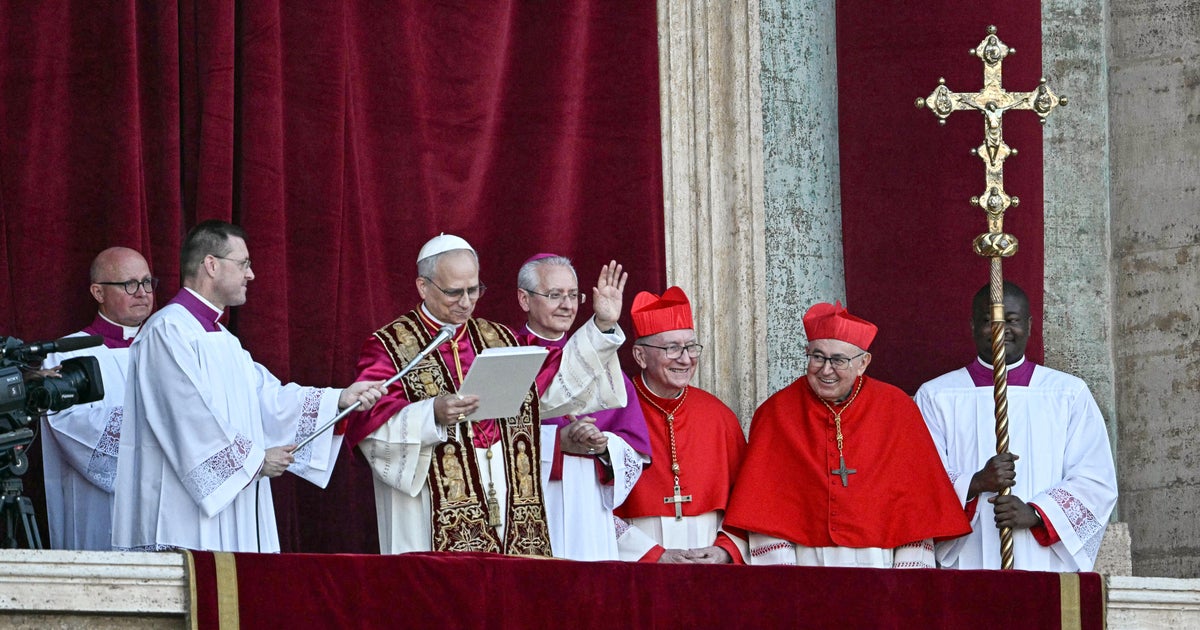
Continuity and Reform
Pope Leo XIV is expected to continue many of the pastoral and social priorities emphasized by his predecessor, Pope Francis, including:
- Outreach to the marginalized and poor
- Climate change and environmental responsibility
- Clerical accountability and reform
- Interfaith and ecumenical dialogue
As Prefect of the Dicastery for Bishops, Leo XIV played a key role in shaping the Church’s leadership globally. His election suggests continuity in the Church’s vision, paired with a commitment to administrative reform and spiritual renewal.
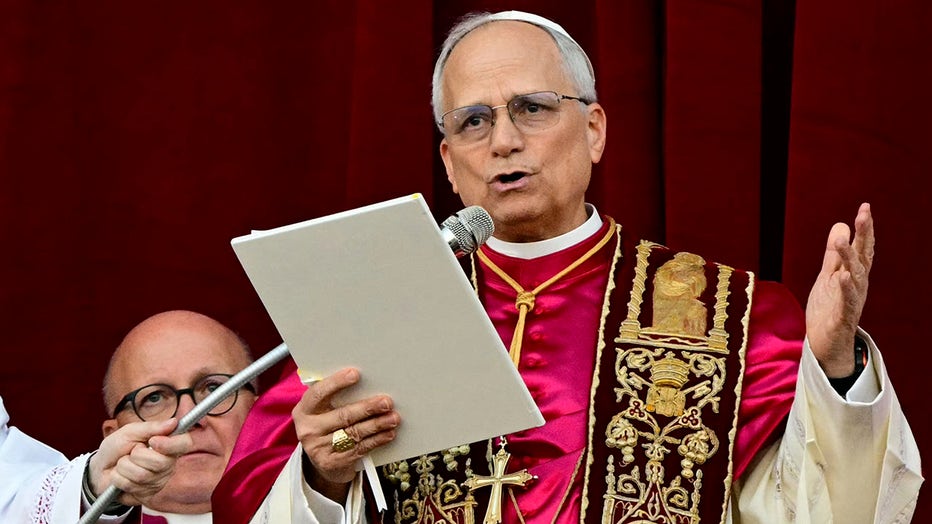
Global Reaction
Reactions from around the world were swift and supportive. In Peru, where Pope Leo XIV once served as bishop, cathedrals were filled with prayer and celebration. Church leaders from Europe, Latin America, Africa, and Asia welcomed the announcement as a sign of unity and progress.
International dignitaries, including UN Secretary-General António Guterres, issued congratulatory messages, expressing optimism for ongoing collaboration in peace-building, humanitarian relief, and ecological stewardship.
What Comes Next
Pope Leo XIV will preside over an inauguration Mass in St. Peter’s Basilica, where he will formally receive the Fisherman’s Ring and the pallium, traditional symbols of papal authority. The Holy See Press Office is expected to announce the official date shortly.
He will also begin meetings with leaders of other Christian denominations, faith communities, and heads of state—an early priority in reinforcing his commitment to dialogue and global cooperation.

A Moment of Transformation
The election of Pope Leo XIV stands as a profound moment for the Catholic Church—a convergence of tradition, transformation, and international solidarity. As the first American-born pontiff, he brings a uniquely global perspective shaped by decades of pastoral care, missionary outreach, and curial governance.
His leadership is expected to echo the themes of compassion, humility, and reform, while preparing the Church to navigate contemporary challenges with unity and spiritual conviction.
Verified and Reputable Sources:
- Vatican News – Official Communications from the Holy See
- BBC News – Religion & Ethics
- Reuters – World News
- Catholic News Agency (CNA)
- The New York Times – Religion


